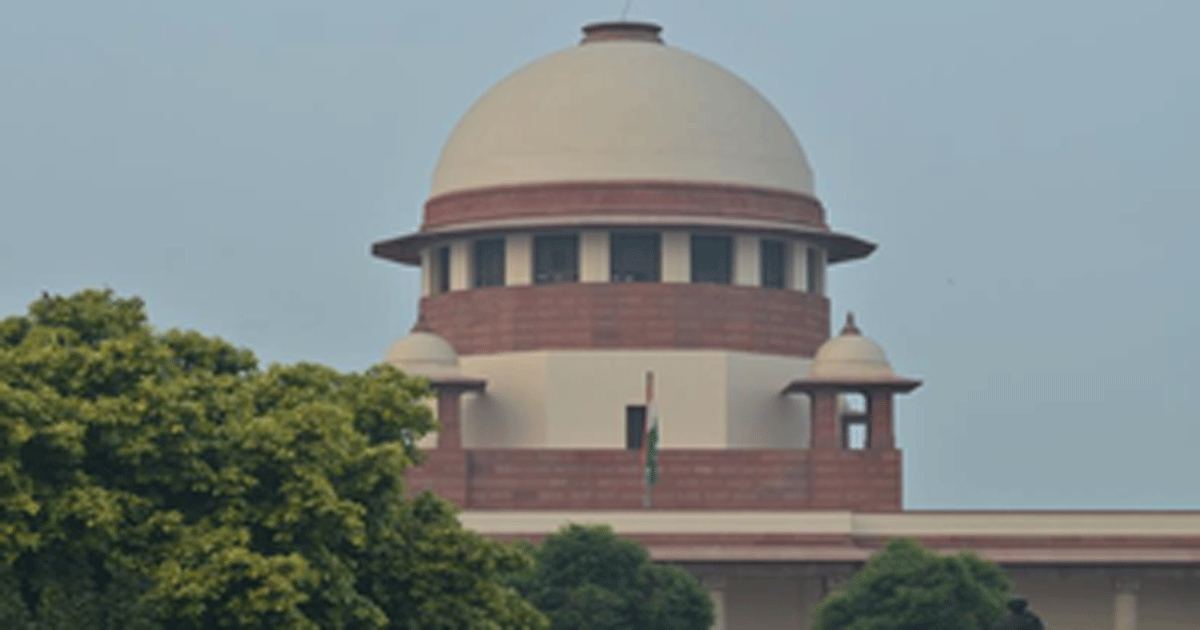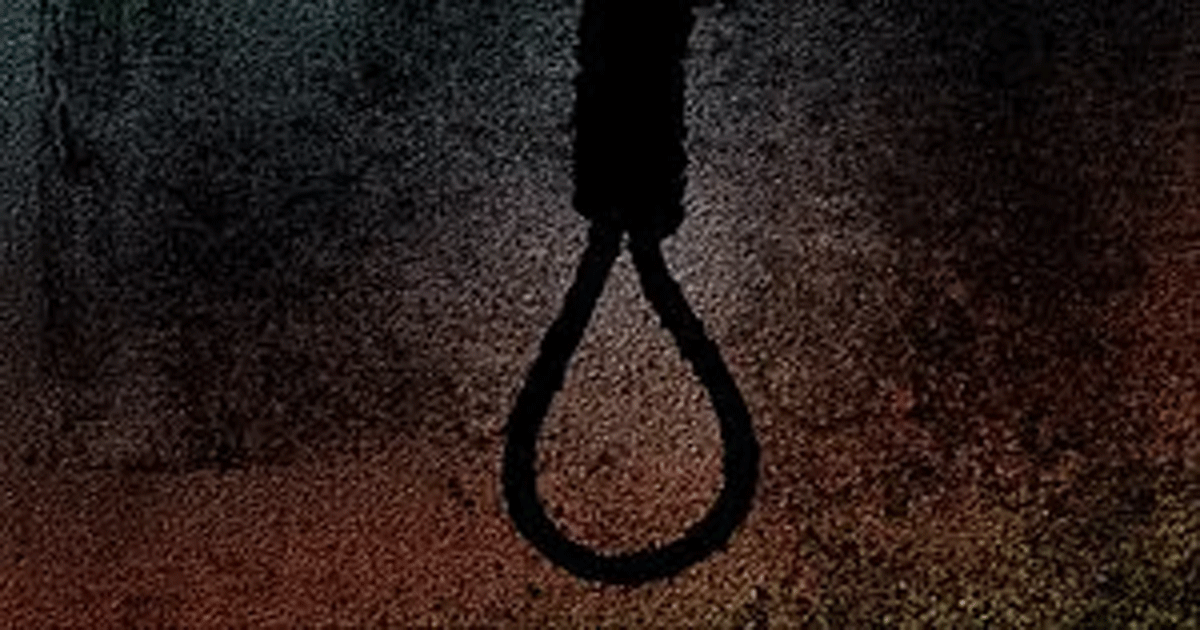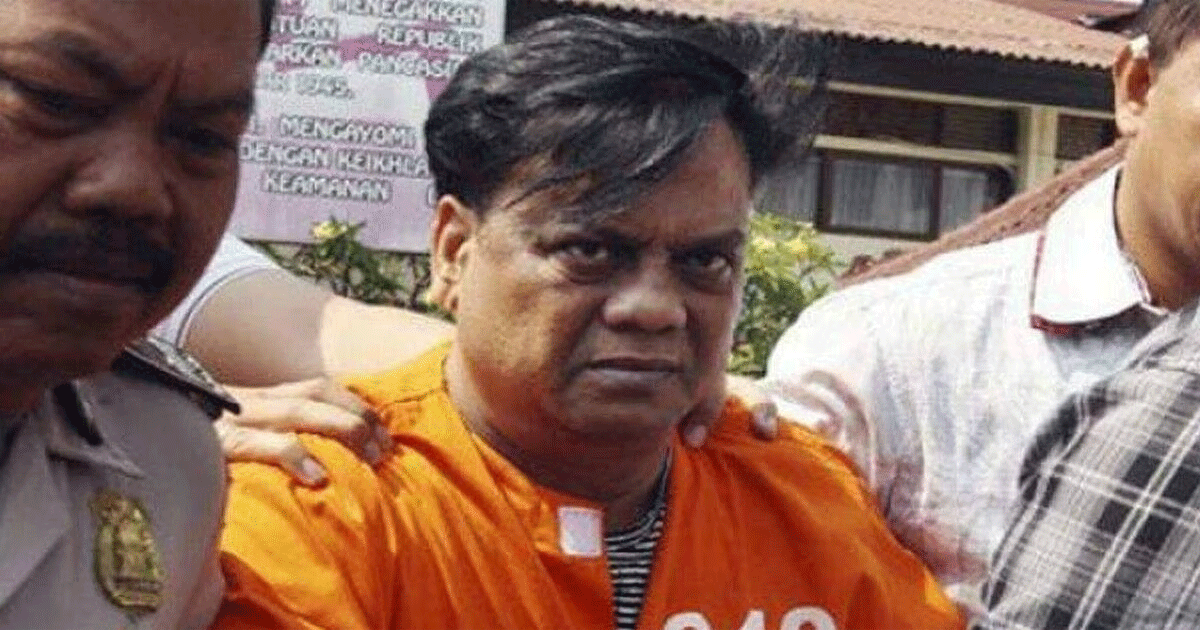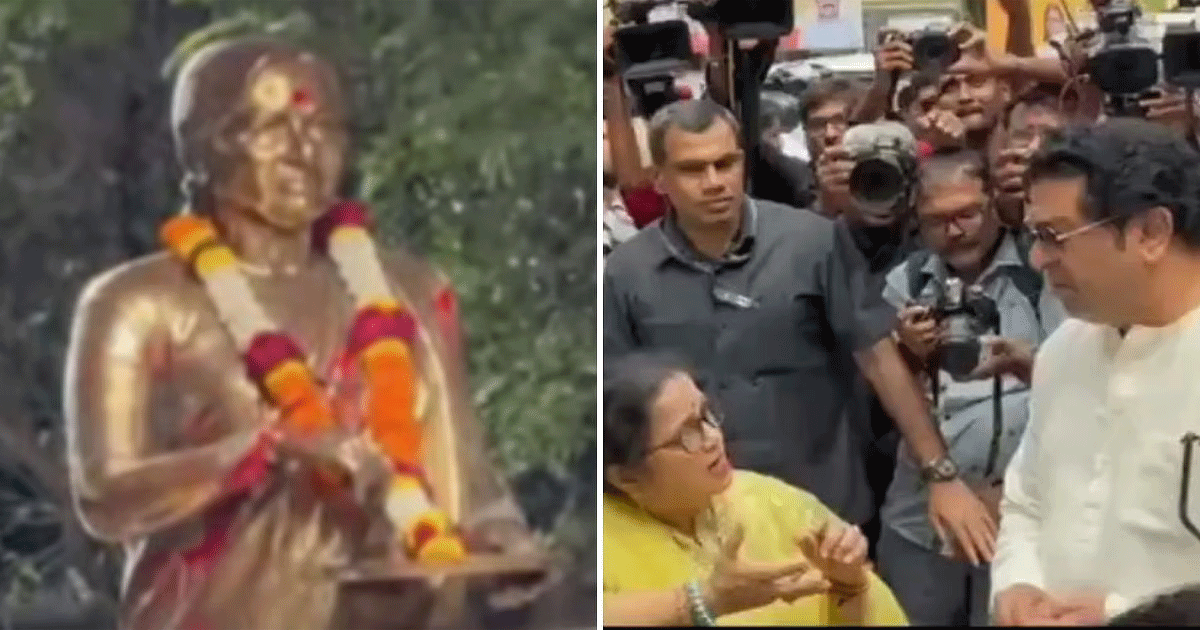National News
Places of Worship Act: Mathura mosque committee urges SC to close Centre’s right to file counter affidavit

New Delhi, Jan 21: In a fresh application filed before the Supreme Court, the Committee of Management of Mathura’s Shahi Masjid Eidgah has pleaded that the right of the Centre to file its reply to the petitions challenging the validity of the Places of Worship Act, 1991 should be closed.
The plea said that in an order passed on December 12, 2024, the apex court noticed that the Union government had not filed its reply to the petitions challenging the 1991 Act for over three years and directed that a common counter affidavit be filed by the Centre within four weeks.
The mosque committee said that the Union of India is “deliberately” not filing its counter affidavit with the intention to delay the hearing, and thereby, obstructing those who are opposing the challenge to the Places of Worship (Special Provisions) Act, 1991 in filing their respective written submissions, as the stand of the Centre would have a bearing on the same.
The Shahi Masjid Eidgah’s application contended that since the Supreme Court has fixed the date of hearing of the batch of petition as February 17, “it would be in the interest of justice if the right of the Union of India to file its counter affidavit/ reply/pleadings/submissions is closed”.
In March 2021, a Bench headed by then Chief Justice of India (CJI) S.A. Bobde sought the Centre’s response to the plea filed by advocate Ashwini Upadhyay challenging the validity of certain provisions of the law, prohibiting the filing of a lawsuit to reclaim a place of worship or seek a change in its character from what prevailed on August 15, 1947.
The plea said, “The 1991 Act was enacted in the garb of ‘Public order’, which is a State subject (Schedule-7, List-II, Entry-1) and ‘places of pilgrimages within India’ is also State subject (Schedule-7, List-II, Entry-7). So, the Centre can’t enact the Law.
“Moreover, Article 13(2) prohibits the State from making a law to take away fundamental rights but the 1991 Act takes away the rights of Hindus, Jains, Buddhists, and Sikhs, to restore their ‘places of worship and pilgrimages’, destroyed by barbaric invaders.”
It further added, “The Act excludes the birthplace of Lord Rama but includes the birthplace of Lord Krishna, though both are incarnations of Lord Vishnu, the creator and equally worshipped throughout the world, hence it is arbitrary.”
In an interim order passed on December 12, 2024, the CJI Sanjiv Khanna-led Special Bench had ordered that no fresh suits would be registered under the Places of Worship Act in the country, and in the pending cases, no final or effective orders would be passed till further orders.
The Special Bench, also comprising Justices Sanjay Kumar and K.V. Viswanathan, had asked the Union government to file within four weeks its reply to the batch of petitions challenging the validity of the Places of Worship Act (Special Provisions), 1991.
In an intervention application filed earlier on December 11, the Committee of Management of Mathura’s Shahi Masjid Eidgah, had said that the 1991 law, prohibiting the alteration of religious places of worship as they stood on August 15, 1945, was enacted by Parliament in the interest of the country’s progress, which has stood the test of time for more than 33 years.
It added that Parliament had enacted the 1991 Act, which has stood the test of time for more than 33 years and the petitioners have chosen to challenge the enactment belatedly, after 29 years.
The application said that the mosque committee is party to 17 different suits being tried by the Allahabad High Court, where the plaintiffs have staked a claim over the entire parcel of land over which the Shahi Masjid Eidgah has been built, and have further sought the removal of the mosque structure from the said land, claiming the same to have been built over Krishna Janam Sthan.
“It would be in the interest of justice if the applicant (mosque committee) is allowed to intervene and assist this Hon’ble Court in the adjudication of the issues (relating to the validity of Places of Worship Act, 1991),” the application had said.
Maharashtra
Mumbai: 32-Year-Old Woman Dies By Suicide In Santacruz; Partner Takes Body To Parents’ Home

Mumbai: A 32-year-old woman, identified as Farhana Khan, allegedly died by suicide after hanging herself from a ceiling fan at her residence in the Davri Nagar locality of Vakola, Santacruz East, on Monday afternoon, police said.
According to officials, following the incident, Khan’s live-in partner did not inform the police or seek medical help. Instead, he transported her body to her parents’ home, as reported by news agency PTI. The Vakola police have registered a case and are investigating the circumstances surrounding the incident. Further details are awaited.
In another tragic incident of suicide in the city, a 34-year-old man was found hanging at his residence in Andheri West on Monday. The deceased has been identified as Manish Thombare, who worked with a private company and lived in Sai Baba Society, Gaondevi Dongari.
According to DN Nagar police, the incident occurred between 11:30 pm. on Sunday and 11:30 am on Monday. Thombare lived with his brother and sister-in-law. He had gone to sleep in an upstairs room, and when he failed to come downstairs the next morning, his brother went to check on him and found him hanging from the ceiling fan with a saree.
He was immediately rushed to a nearby hospital, where doctors declared him dead. His body was later sent to Cooper Hospital in Vile Parle (West) for a post-mortem examination. Preliminary investigations suggest that Thombare was suffering from depression due to family issues. He was married in 2022 but got divorced four months ago. He had no children. An Accidental Death Report (ADR) has been registered, and further investigation is underway.
National News
Supreme Court Cancels Bail Of Chhota Rajan In 2001 Mumbai Hotelier Murder Case

New Delhi: The Supreme Court on Wednesday cancelled the bail of mafia don Rajendra S. Nikalje, alias Chhota Rajan, in the 2001 sensational murder of Mumbai hotelier Jaya Shetty.
A Bench of Justices Vikram Nath and Sandeep Mehta allowed the special leave petition (SLP) filed by CBI (Central Bureau of Investigation) challenging a Bombay High Court’s order granting bail to Chhota Rajan and suspended his life sentence.
The Justice Nath-led Bench noted the submission of Additional Solicitor General (ASG) S.V. Raju, who appeared on CBI’s behalf, that Chhota Rajan stood convicted in four other cases and remained absconding for around 27 years.
After a Special MCOCA Court convicted Rajan and others in the sensational murder case and handed him his second life sentence in nearly nine years, Rajan filed an appeal before the Bombay High Court.
In October last year, a Bench of Justices Revati Mohite-Dere and Prithviraj K. Chavan suspended the sentence pending disposal of the criminal appeal and ordered his release on bail. However, Rajan could not avail the benefit of bail as he is already serving a life sentence in New Delhi’s Tihar Central Jail for the 2011 daylight murder of crime journalist Jyotirmoy Dey at Powai.
The Shetty murder case was among the dossier of 71 major offences that were handed over by the CBI to the Indonesian government after Rajan was nabbed in the tourist haven of Bali and subsequently deported to India in November 2015.
Shetty, the owner of the Golden Crown Hotel in south Mumbai, was shot dead by two gunmen on May 4, 2001, with the hit ordered by Rajan, a bitter rival of the absconder terrorist don Dawood Ibrahim Kaskar, triggering a huge sensation in the hospitality and political circles.
After the long trial, the Special MCOCA Court Special Judge A. M. Patil found Rajan guilty and sentenced him to life in jail, along with the other accused, Rahul Pansare, Ajay Mohite, and Pramod Dhonde.
Shetty had become a victim in an alleged extortion case and had been provided with police security, which was withdrawn a couple of months before he was targeted and killed.
Maharashtra
Mumbai: Red Paint Thrown At Meenatai Thackeray’s Statue At Shivaji Park; Raj Thackeray Visits Site, Uddhav Expected Soon

Mumbai: Political tensions emerged at Dadar’s Shivaji Park on Wednesday after miscreants threw red paint on bust of Meenatai Thackeray’s- Shiv Sena founder Balasaheb Thackeray’s wife. The bust is located at the entrance of the park. Shiv Sena (Uddhav Thackeray) workers reached the spot and removed the paint. The incident took place early morning. By afternoon, Sena UBT workers put garlands on the Meenatai’s bust after cleaning it.
As per locals, there is a security guard always deployed 24/7 at the park and expressed surprise at the incident. MNS Chief Raj Thackeray, who resides in Dadar’s Shivaji Park, went to the site of the desecration after being made aware of the incident and took stock of the situation. As per locals, Shiv Sena (UBT) chief Uddhav Thackeray will also visit Shivaji Park later in the afternoon.
As per reports, CCTV footage from the area shows a person near the statue around the time of the incident. Investigations are underway to establish the identity of the individual. No formal complaint with the police has been registered so far.
The iconic Shivaji Park ground holds historic importance, socially as well as politically. The park also houses late Balasaheb Thackeray’s memorial next to Chhatrapati Shivaji Maharaj’s statue inside the ground.
As per the tradition, the ground will hold Shiv Sena UBT’s Dussehra melave next month.
-

 Crime3 years ago
Crime3 years agoClass 10 student jumps to death in Jaipur
-

 Maharashtra12 months ago
Maharashtra12 months agoMumbai Local Train Update: Central Railway’s New Timetable Comes Into Effect; Check Full List Of Revised Timings & Stations
-

 Maharashtra11 months ago
Maharashtra11 months agoMumbai To Go Toll-Free Tonight! Maharashtra Govt Announces Complete Toll Waiver For Light Motor Vehicles At All 5 Entry Points Of City
-

 Maharashtra12 months ago
Maharashtra12 months agoFalse photo of Imtiaz Jaleel’s rally, exposing the fooling conspiracy
-

 National News11 months ago
National News11 months agoMinistry of Railways rolls out Special Drive 4.0 with focus on digitisation, cleanliness, inclusiveness and grievance redressal
-

 Crime11 months ago
Crime11 months agoBaba Siddique Murder: Mumbai Police Unable To Get Lawrence Bishnoi Custody Due To Home Ministry Order, Says Report
-

 Maharashtra10 months ago
Maharashtra10 months agoMaharashtra Elections 2024: Mumbai Metro & BEST Services Extended Till Midnight On Voting Day
-

 National News12 months ago
National News12 months agoJ&K: 4 Jawans Killed, 28 Injured After Bus Carrying BSF Personnel For Poll Duty Falls Into Gorge In Budgam; Terrifying Visuals Surface












